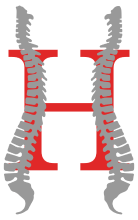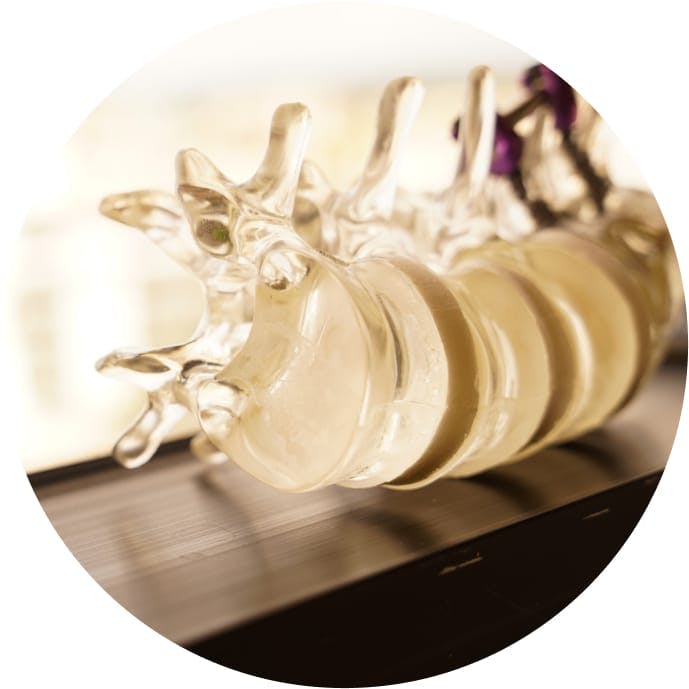Spinal fusion is a minimally invasive surgical procedure where two or more vertebrae in the spine are fused together in order to reduce motion between the vertebrae that are causing pain.
Cervical Spinal Fusion
Cervical spinal fusion is performed to fuse vertebrae in the neck and address neck pain and radiating shoulder or arm pain associated with cervical issues. Types of cervical spinal fusion include both bone grafting and the use of metal implants for lumbar spinal fusion.
Additional types of cervical spinal fusion include:
- The use of metal plates to join vertebrae together
- Removal of an entire vertebra and the fusion of the remaining vertebrae
- Removal of a spinal disc and fusion of the vertebrae









